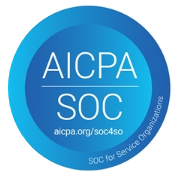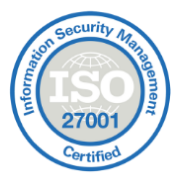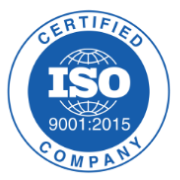When it comes to hosting your eLearning catalog and eCommerce platform, two options stand out: Association Management Systems (AMS) and Learning Management Systems (LMS). An AMS is a comprehensive software solution that manages various organizational aspects, including membership, events, communications, and some even offer built-in eCommerce functionality. On the other hand, an LMS is a specialized software designed specifically for delivering and managing online courses, offering advanced features for content creation, course management, assessments, and learner tracking.
Choosing the ideal platform to host services for online learning depends on your specific needs. If you prioritize seamless integration with your membership database and personalized experiences, an AMS might be the preferred choice. However, if your focus is on delivering engaging and interactive eLearning experiences, an LMS could be more suitable. Consider factors such as membership management requirements, course complexity, and desired eCommerce functionality to make an informed decision on the best platform for hosting your eLearning catalog and eCommerce services.
What is AMS - LMS integration
The AMS serves as the central hub of your association’s technology ecosystem, housing essential master records of your members, customers, and prospects. By integrating your AMS with Paradiso LMS, you avoid the need to duplicate these records across multiple systems. Relevant data seamlessly flows between the AMS and the LMS, providing a comprehensive 360-view of each member within a single interface. This integration empowers you to access the necessary data for generating comprehensive reports, conducting analytics, and making informed decisions.
Integration also enhances the user experience by enabling Single Sign-On functionality. Once a user logs in on your association’s website, they remain logged in when accessing the LMS. The AMS authenticates the user’s membership status, ensuring appropriate pricing and viewing permissions are applied, delivering a personalized and seamless learning experience for each user. With Paradiso LMS and AMS integration, you can provide an exceptional user experience while leveraging the power of both systems in unison.
Ideal Platform to host your eLearning Catalog and eCommerce
When it comes to determining the ideal platform for hosting your eLearning catalog and eCommerce, there is no one-size-fits-all answer as every organization has unique needs. However, there are important factors to consider before deciding. In most cases, both the Association Management System (AMS) and the Learning Management System (LMS) can process and store transactions and data. However, it is crucial to choose one platform to host both your eLearning catalog and eCommerce to avoid the complexities and costs associated with customization.
Before deciding whether online course purchases should go through the eCommerce functionality of your AMS or the native eCommerce solution of your LMS, there are several key issues to consider. By carefully evaluating your specific requirements and considering factors such as integration capabilities, customization needs, and the robustness of eCommerce features, you can determine the best approach for hosting your eLearning catalog and eCommerce platform.
Things to Consider Before Selecting The Hosting Platform
Integration Capabilities
Assess the integration capabilities of both the Association Management System (AMS) and Learning Management System (LMS). Look for seamless integration that allows for the smooth transfer of data between the systems, ensuring efficient management of user information, course enrollment, and membership details.
eCommerce Functionality
Evaluate the eCommerce features offered by both the AMS and LMS platforms. Consider factors such as payment gateways, pricing options, coupon management, and the ability to sell and track course subscriptions. Choose a platform that provides robust eCommerce functionality aligned with your business requirements.
Customization Options
Scalability and Performance
Reporting and Analytics
User Experience and Interface
Support and Maintenance
Checkout Experience
Branding and Customization
Mobile Friendliness
Security and Compliance
Third-Party Integrations
Conclusion
Paradiso LMS stands out as the best option for hosting your eCommerce and eLearning catalog, offering seamless integration, robust eCommerce features, customizable branding, and a user-friendly experience, ensuring a comprehensive and successful online learning platform for your organization.


















